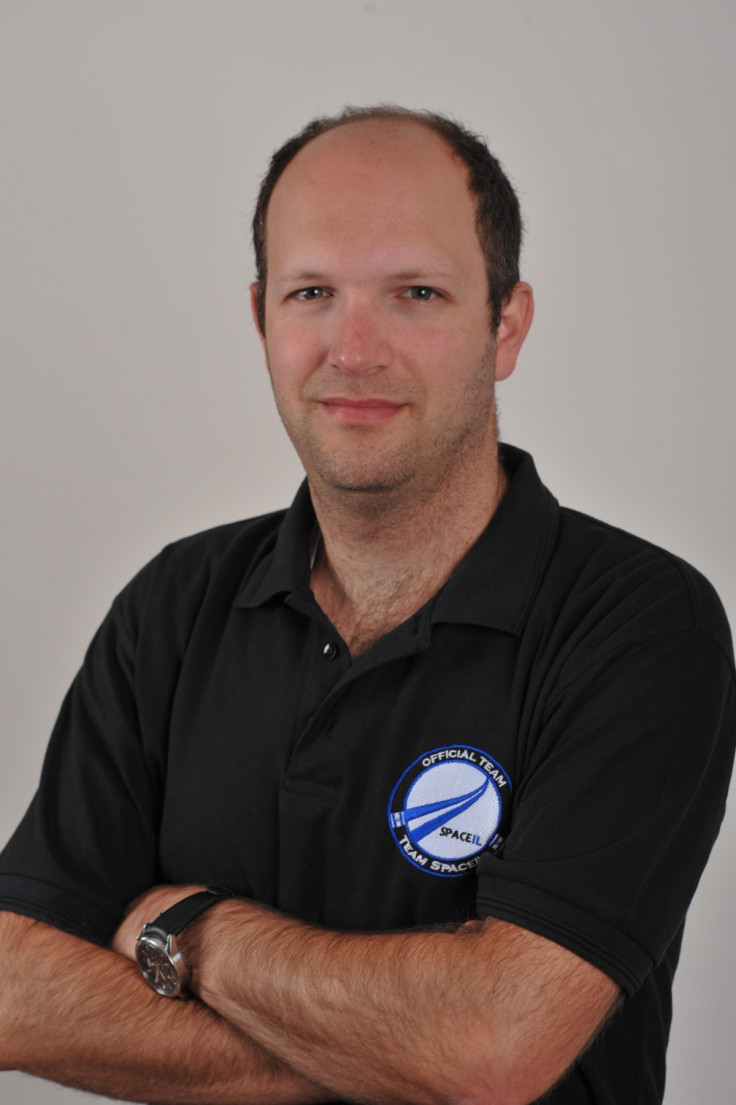Sending a Dishwasher to the Moon Could Inspire a Generation of Israeli Engineers
It may look like a 140kg dishwasher with legs, but the spaceship being developed by the Israeli SpaceIL team represents much more than simply the chance to win the Google-sponsored Lunar X Prize.
SpaceIL is a privately-funded, non-profit organisation which is one of 18 teams taking part in the competition to send a spaceship to the moon by the end of 2015, a competition which has a first prize of $20 million.
The huge purse however is not the real prize for the people involved in SpaceIL - they want to become the first team to land an Israeli spaceship on the moon and thus hope to inspire the next generation of engineers, scientists and astronauts.
Lunar X Prize Challenge:
By the end of 2015, a privately-funded team has to to successfully launch a robotic spacecraft that can land and travel more than 500m across the surface of the Moon while sending back to Earth high definition images and video. The first team to do so gets $20 million with $5 million on offer for the second team to accomplish the feat.
Yariv Bash, co-founder and team leader of the SpaceIL project told IBTimes UK:
"$20 million is a very nice motivation engine to reach the moon, but for us it is more about the future of Israel. We are not a company, we are not doing it for the prize money, we are doing it because we and our partners believe this project can have a serious effect on the future of Israel."
The spaceship SpaceIL is building is also a bit different. Currently codenamed Sparrow, the nano-spaceship is the size of a dishwasher (with legs) and when it gets to the moon it will be smallest spacecraft to ever land there.
By building this ground-breaking spacecraft, the organisation's vision is to create a similar effect the Apollo missions had in the US and inspire the next generation in Israel to think differently about science, engineering, technology and math.
Peanuts
Like a lot of western countries at the moment, Israel is experiencing a dearth of people choosing maths, science and engineering subjects in school.
Talk of the Apollo missions and moon landings immediately conjures up Neil Armstrong's "one small step", but Bash says those iconic moon landings are a world away from what SpaceIL is trying to achieve - even on a basic monetary level.
A manned spaceflight cost in today's money is somewhere in the region of $200 - $300 billion while SpaceIL's budget is $36 million, a figure which is "peanuts" for a space project but which for a small non-profit organisation to raise in three years is "a lot of money."
Mars probes, deep-ocean submarines and flying cars

SpaceIL is, however, utilising the country's already deep understanding of nano and micro satellite technology to help get the project off the ground and it is currently moving from the design into the production phase.
Daniel Saat, the project's director of business development, says that even if the group does manage to get to the moon first and claim the $20 million, it will simply reinvest it in the next project, and the school children SpaceIL are talking to have some interesting ideas on what that project should be:
"We like to ask the kids when we are in the classroom how they would use the funds and we get amazing ideas from them - anything from a probe to Mars to a submarine to the deepest part of the ocean, even a flying car.
"For us there is something amazing about real time engineering that is very ambitious and challenging, and using it in the classroom for educational purposes. There is something really magical about that combination."
© Copyright IBTimes 2025. All rights reserved.






















